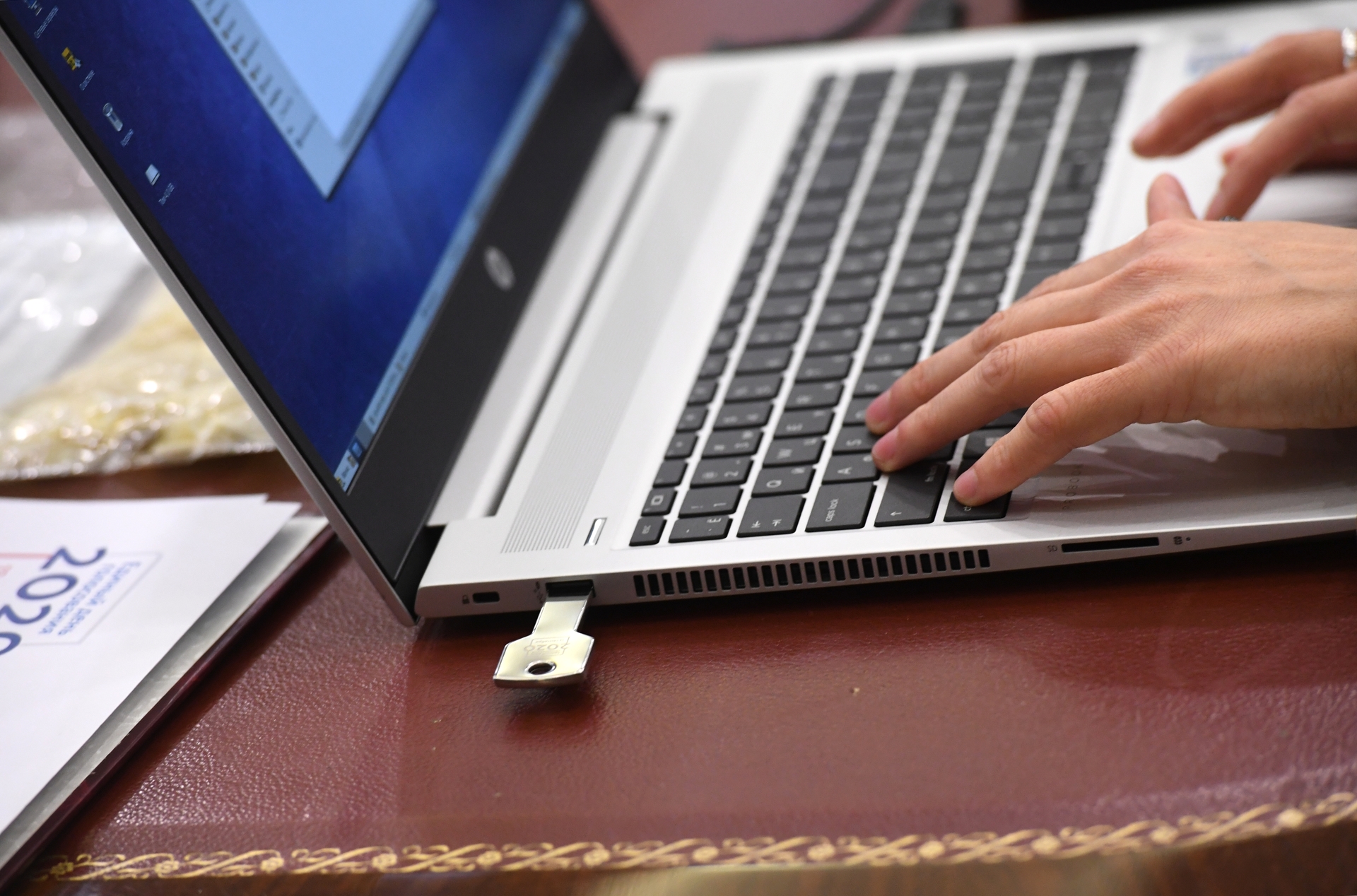The number of registered self-employed in Russia has reached 3.3 million. This was announced on Wednesday, November 10, by Dmitry Satin, Deputy Head of the Federal Tax Service (FTS) of Russia.
Since the beginning of 2021, the number of self-employed Russians has more than doubled.
According to the Ministry of Economic Development and Trade, at the end of 2020, only 1.6 million people took part in the program.
Recall that self-employed people include people who work for themselves, receive money for their services from individuals and legal entities, do not have an employer and do not involve additional workers in their activities.
The annual income of citizens with this status should not exceed 2.4 million rubles.
“Self-employment is a very convenient mechanism for Russians.
Now the number of remote vacancies is growing, and companies often do not need employees on an ongoing basis with registration in the state, but they need to pay for one-time services of specialists.
Such people need to stay in the legal field, and the self-employment regime allows this to be done, "Pavel Sigal, first vice president of the all-Russian public organization of small and medium-sized businesses" Support of Russia ", told RT.
Self-employed pay professional income tax (NPA).
When working with individuals, its rate is 4%, and when settling with individual entrepreneurs and organizations - 6%.
“In addition to the low tax rate, the benefits of the program include the absence of administrative barriers.
In addition, self-employed people do not need to register a cash register and keep records, "said Sergey Sukhostavets, director of business development at Rocket Work, in an interview with RT.
Note that you can get self-employed status using a mobile application, on the FTS website, through a bank or a public services portal.
Registered program participants automatically receive a tax deduction of RUB 10,000.
For the first time, a special tax regime for the self-employed was launched back in January 2019 and was valid only in Moscow, Moscow and Kaluga regions, as well as in the Republic of Tatarstan.
From January 1, 2020, residents of 19 more regions began to pay tax on professional income, and from July 1, all subjects of the country have the opportunity to join the initiative.
It is assumed that the program will run until 2029.
As noted in the Federal Tax Service, during this entire period, the tax rates for the self-employed will not change.
RIA News
© Sergey Pyatakov
According to the latest data from the Federal Tax Service, the average age of self-employed Russians is 30-40 years.
Among all registered program participants, 41% are women and 59% are men.
The main areas of activity of NPD payers are passenger transportation, delivery of goods, apartment rental, tutoring, repair, marketing and IT services.
In turn, the highest income among the program participants is received by lawyers, consultants, designers, psychologists, translators and IT specialists.
It is noteworthy that Russian business is actively seeking cooperation with self-employed.
As Sergey Sukhostavets explained, such partnerships often cost companies more profitable than standard GPC contracts.
“Businesses really do work with the self-employed when it comes to short-term contracts or project work.
At the same time, companies do not need to pay insurance premiums and contributions to the FIU, and the income tax is much lower.
The costs of working with freelance self-employed can also be taken into account in the formation of tax reporting, transferred to an expense item and reduce the taxable base, ”the specialist added.
According to the Federal Tax Service, on average, more than 5.8 thousand Russians receive self-employed status every day.
As a result, by 2024 the number of program participants may exceed 5 million people, and by 2030 it will reach 10-11 million. This was previously stated by the Minister of Labor and Social Protection of Russia Anton Kotyakov.
Such dynamics will contribute to the whitewashing of the economy and the growth of tax collection, says Sergei Sukhostavets.
Moreover, according to him, an increase in the number of self-employed can lead to an increase in household income and improve the employment situation.
“The self-employed are not included in the statistics on unemployment.
It is also worth noting that since the beginning of the experiment, NPA payers have earned about 620 billion rubles.
Some of this money used to remain in the gray zone and did not reach the Federal Tax Service, ”the expert added.

